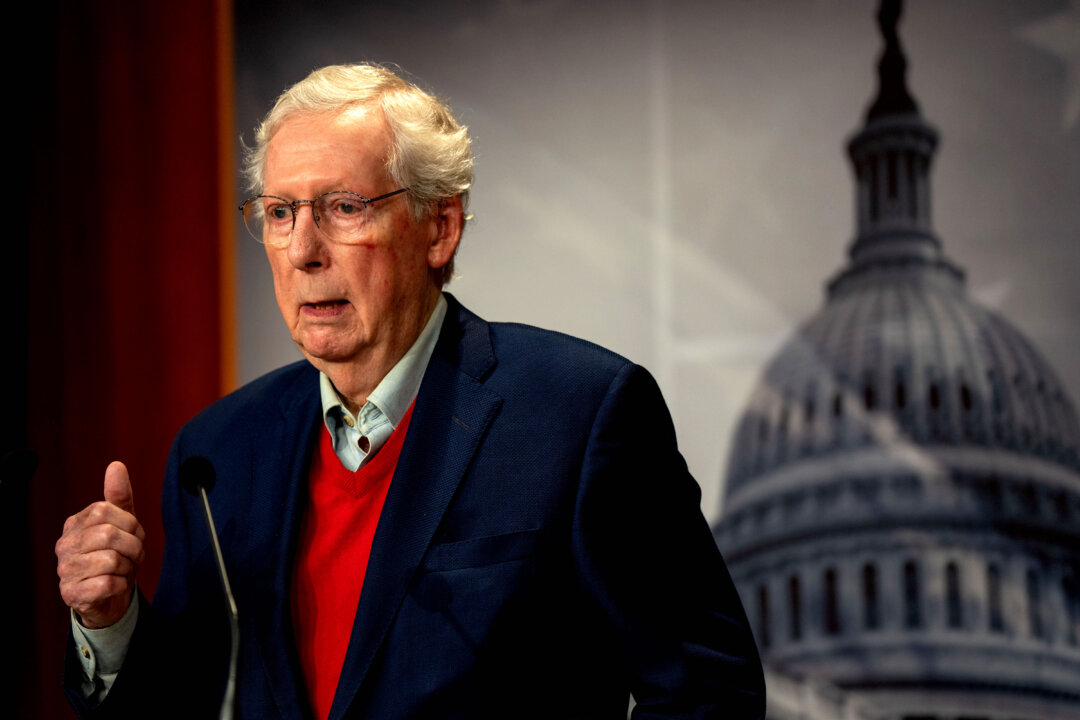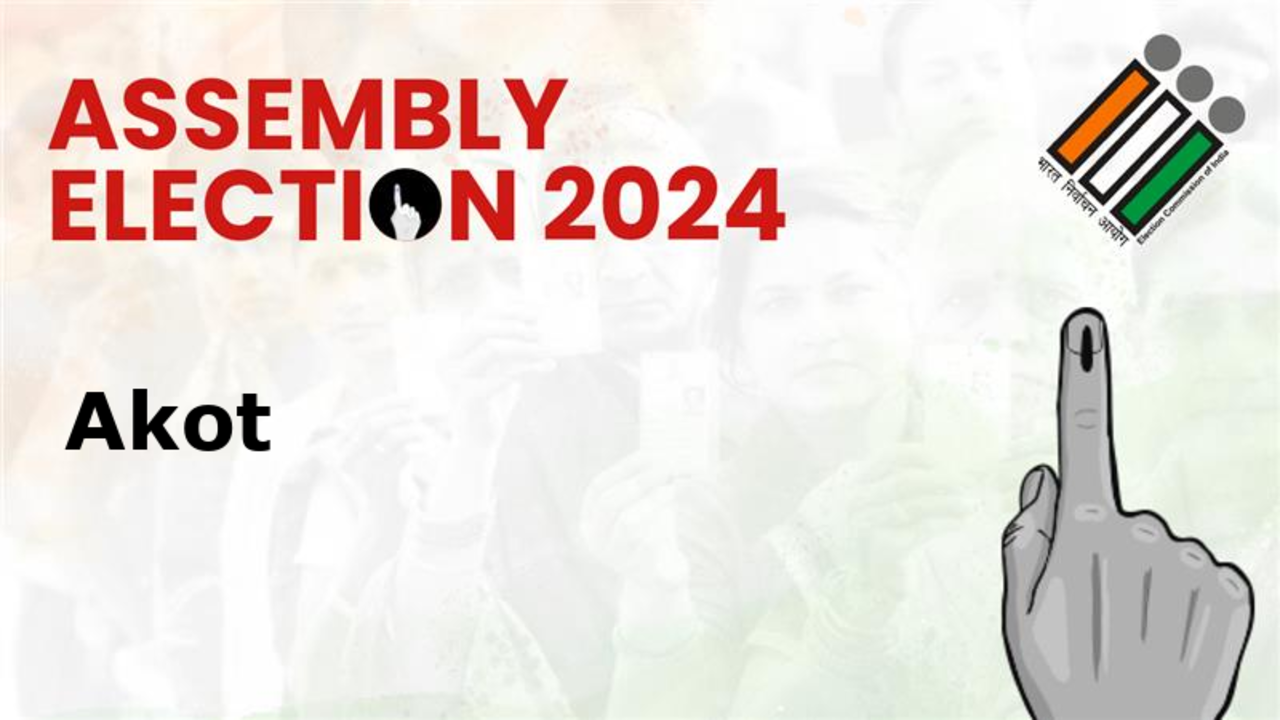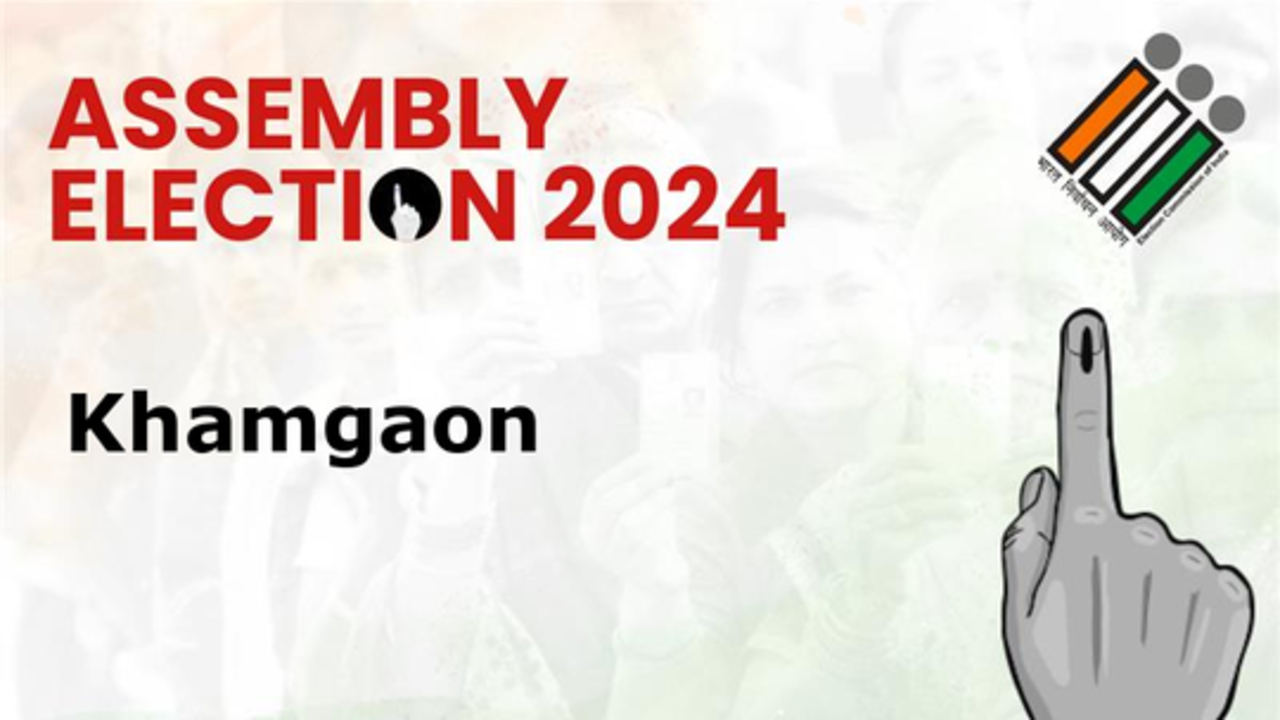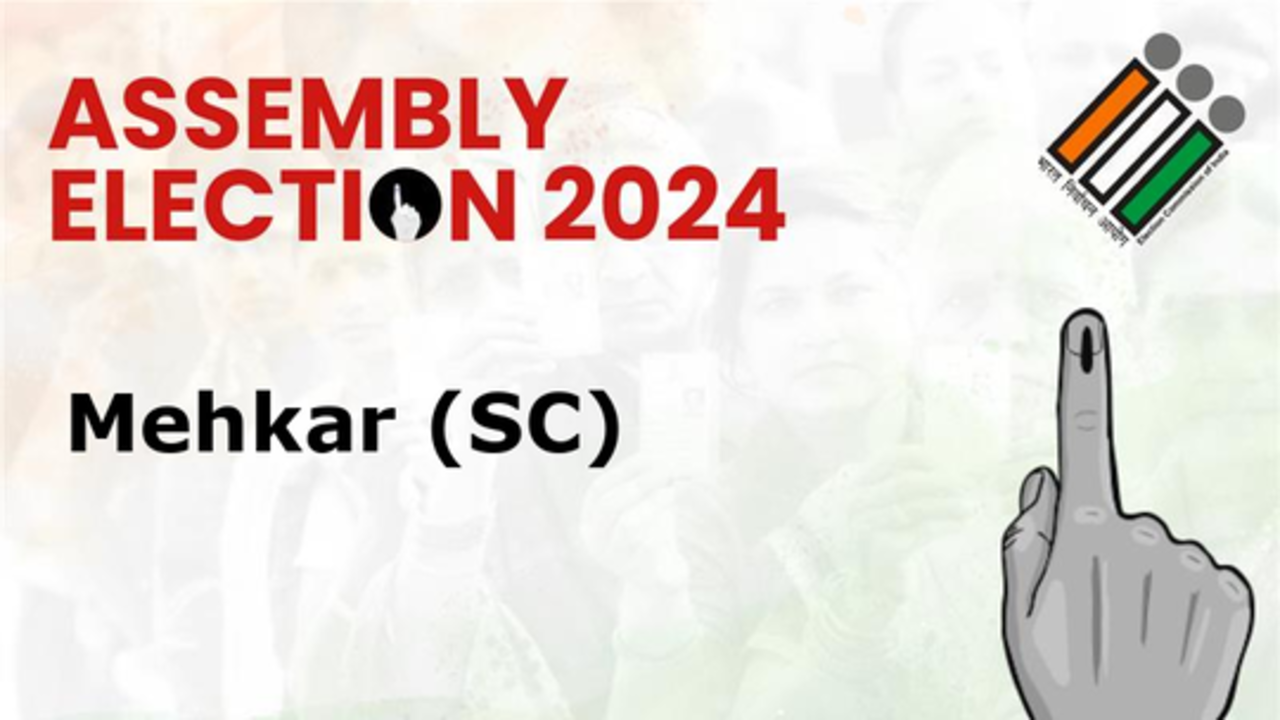
In July, just a few days after President Joe Biden ended his re-election bid, the American Federation of Teachers (AFT) President Randi Weingarten boasted that the union under her charge was the first to endorse Kamala Harris for president. Weingarten pledged : “The AFT has 1.8 million members—including 450,000 in battleground states.
Between now and Election Day, we’re going to give our all to make sure our voices are heard and our members are mobilized. Because when we fight, we win.” No question, Weingarten is a fighter.
She fought to keep schools closed, which spanned three school years in some states. However, election night was far from a win for Harris, losing in a landslide to former president Donald Trump, who will become the 47 th president of the United States in January. For Harris, the current Vice President, having the endorsement of Weingarten and the members of the second-largest teachers union in the country did not prove advantageous at the ballot box.
Dating back to the spring of 2020, when parents had a front-row seat in their child’s classrooms during the remote Zoom sessions, they saw first-hand, day after day, that public education wasn’t providing a high-quality education. Instead, parents witnessed far-left political content taught as truth to their children at the expense of core academic learning. Parents were keenly aware that private schools safely reopened fully in the fall of 2020 for in-person learning, while public schools across the country remained closed while teachers unions used children as leverage to get irrelevant demands met.
As one example, the teacher union of the Los Angeles Unified School District refused to reopen schools until their demands of defunding the police, Medicare-For-All, and a moratorium on charter schools were met. The extreme political agendas of the teachers unions outraged parents whose children were locked out of school. This sparked the great parent awakening that became what Corey DeAngelis titled his 2024 book, The Parent Revolution .
Parents began speaking up first to teachers, then administrators, and eventually at school board meetings. When their concerns were ignored, those who could made the move to an alternative learning option for their children. Parents by the masses began to recognize that there was a better way than having their children trapped in a closed school or a school failing to provide effective academic learning, and they wanted options.
Conservative legislators — free from political ties with the teachers unions — took notice of their constituents, and in turn, many acted, working to advance school choice legislation. In 2021, West Virginia passed universal school choice, followed by Arizona in 2022. In the 2023 legislative session, more than 124 school choice bills were put forth, and eight additional states — Arkansas, Florida, Indiana, Iowa, North Carolina, Ohio, Oklahoma, and Utah — passed universal or near-universal school choice .
This year, the legislative work continued by conservative lawmakers, with several states expanding school choice programs and Alabama and Louisiana joining the universal school choice ranks. Except for North Carolina, where the Republican supermajority House and Senate overturned Democratic Gov. Roy Cooper’s veto, each of the 12 states had a Republican trifecta when enacting universal school choice.
The 2024 platform of the two major political parties was diametrically opposed on the issue of education choice. The Republican Party Platform outlined that Republicans “believe families should be empowered to choose the best Education for their children. We support Universal School Choice in every State in America.
” Additionally, it stated that Republicans “will restore Parental Rights in Education.” The Democratic Party Platform read , “We oppose the use of private-school vouchers, tuition tax credits, opportunity scholarships, and other schemes that divert taxpayer-funded resources away from public education.” Harris, a longtime opponent of school choice options for families, ran immediately to the AFT following Biden’s departure from the race to headline their summer convention — which included denouncing school choice — to secure Weingarten’s endorsement.
Conversely, Former President Donald Trump, during his campaign, communicated support for universal school choice policy , with funding following the student to the education provider parents select. In a powerful statement, Trump declared his position on education freedom with compelling clarity, “A child’s fate should be determined by their love of education, by their parents, by so many factors. But it can’t be determined by a ZIP code.
And no parent should be forced to send their child to a failing government-run school.” With Trump’s resounding victory last Tuesday night, accompanied by Republicans gaining control of the Senate and likely maintaining a majority in the House, parents nationwide are hopeful education freedom will become a reality. Dr.
Keri D. Ingraham is a Senior Fellow at Discovery Institute, Director of the American Center for Transforming Education, and a Senior Fellow at Independent Women’s Forum..














